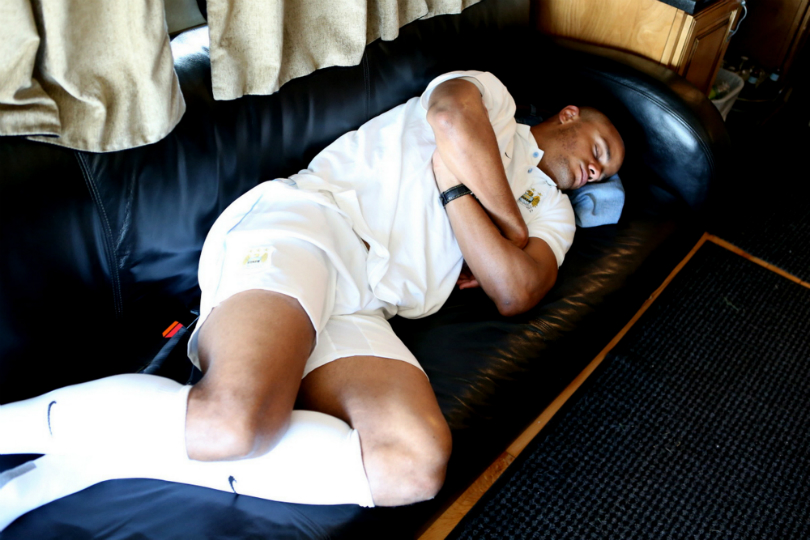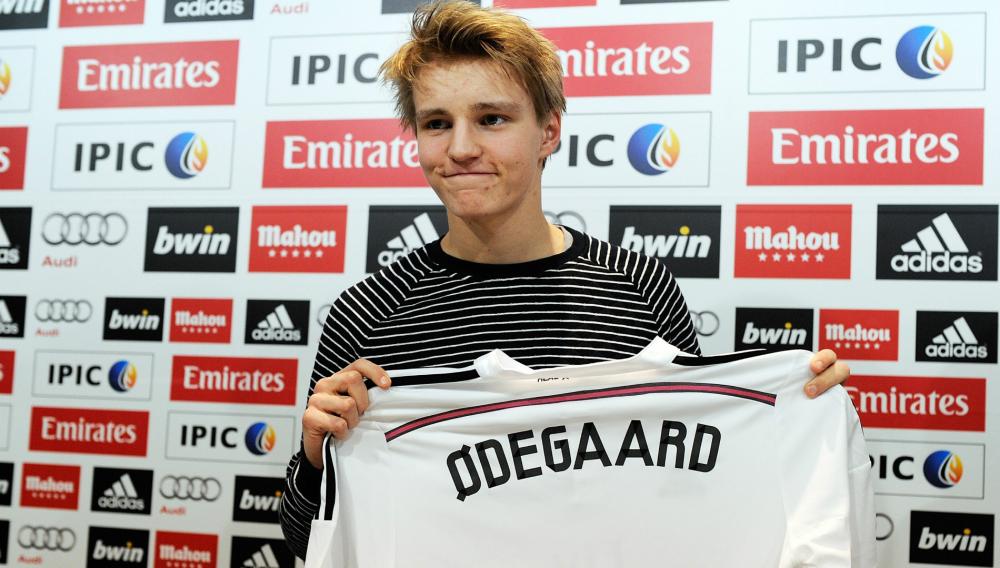How poor sleep affects performance
If you’re not getting enough sleep at night it could affect your immune system, injury rate and reaction time

The best features, fun and footballing quizzes, straight to your inbox every week.
You are now subscribed
Your newsletter sign-up was successful
Want to add more newsletters?

Five times a week
FourFourTwo Daily
Fantastic football content straight to your inbox! From the latest transfer news, quizzes, videos, features and interviews with the biggest names in the game, plus lots more.

Once a week
...And it’s LIVE!
Sign up to our FREE live football newsletter, tracking all of the biggest games available to watch on the device of your choice. Never miss a kick-off!
Join the club
Get full access to premium articles, exclusive features and a growing list of member rewards.
We’re all guilty of cutting corners when it comes to sleep. Whether it’s bingeing on box sets or chatting to your mates on Whatsapp until the early hours, rest is often sacrificed in favour of burning the midnight oil.
However, while glugging down caffeine may help you to get through the following day, your performance on the pitch will be affected if your sleepless nights become a regular thing.
FFT spoke to sleep expert Anna West, who works with Championship club Brentford, Switzerland’s national team and clients in many other sports, to find out why footballers often suffer with sleep issues and how it affects their game.
Why do footballers suffer with sleep problems?
Racing mind
"Players often struggle to sleep after night games because their minds are racing in the aftermath of a game. I tell them to do a brainstorm and write things down that they’re thinking about. This allows them to control the racing mind."
Caffeine
The best features, fun and footballing quizzes, straight to your inbox every week.
"Many players wake up repeatedly during the night, which means they don’t get through enough sleep cycles. Drinking too much caffeine before and during games is an issue; while bright lights from floodlights can trick the body into think it’s daytime."
Temperature
"The ideal temperature to fall asleep is about 17 degrees, but if players play late, it can take time for their body temperature to cool. Eating a big meal before bedtime can also cause the same problem."
How does this affect performance?
Recovery
“Sleep is a weapon. All the physiological components that you need to perform are repaired during sleep; it is the foundation of recovery. It also affects your psychological state, ability to burn calories and learn new things.”
Injury rate
“If you don’t sleep well it lowers your immune system and increases the risk of infection. Fatigue also slows down the repair of muscles after training or games, increases the risk of stress and makes you irritable.”
Morale
“Irritability as a result of a lack of sleep can affect team morale. Fatigue has a direct impact on sprint and reaction times. A player who doesn’t play well because he is tired could also cost his side a game if he makes a mistake.”
 Join The Club
Join The Club










